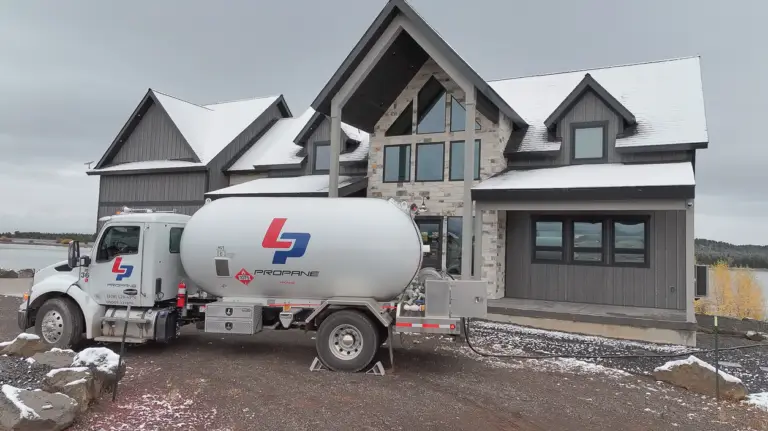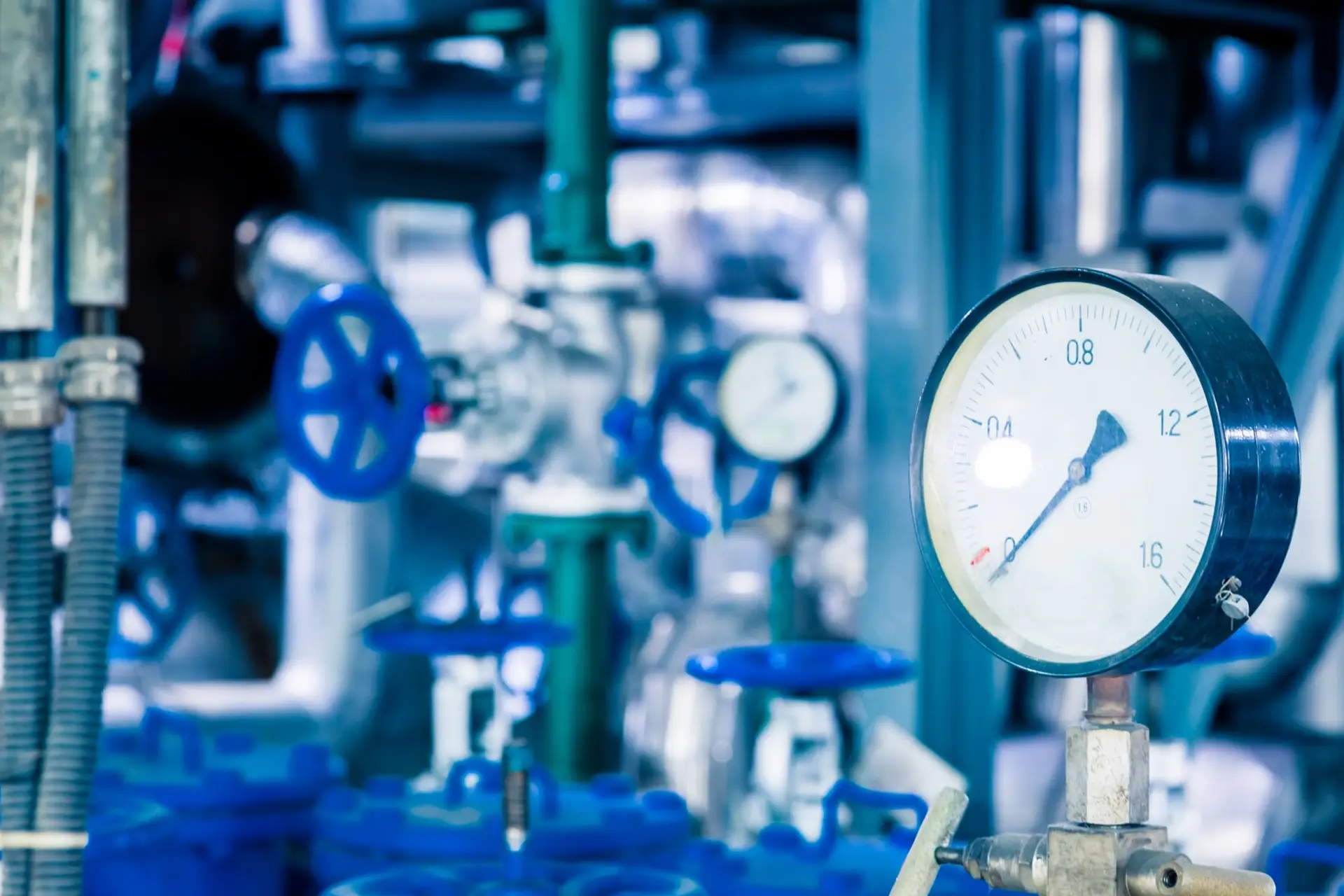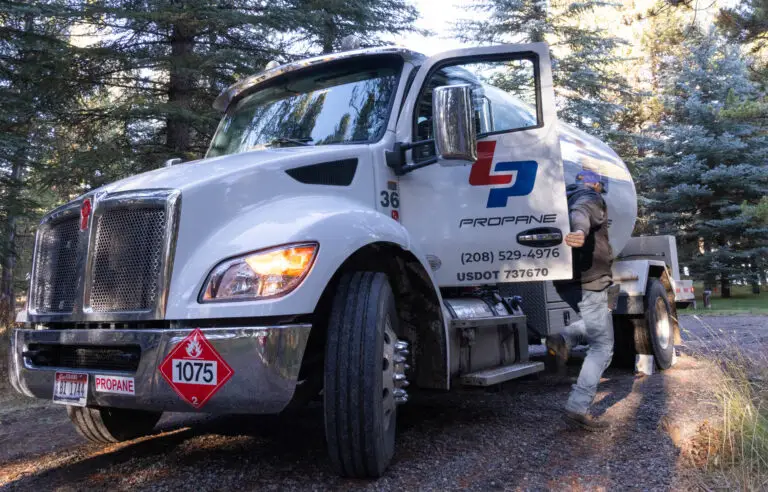
How Liquid Propane Prioritizes Safety in Every Delivery
How Liquid Propane Prioritizes Safety in Every Delivery LP propane is relied upon by hundreds of thousands of households and businesses because it provides reliable electricity; however, reliability is most viable when safety comes first. From the moment a transport

